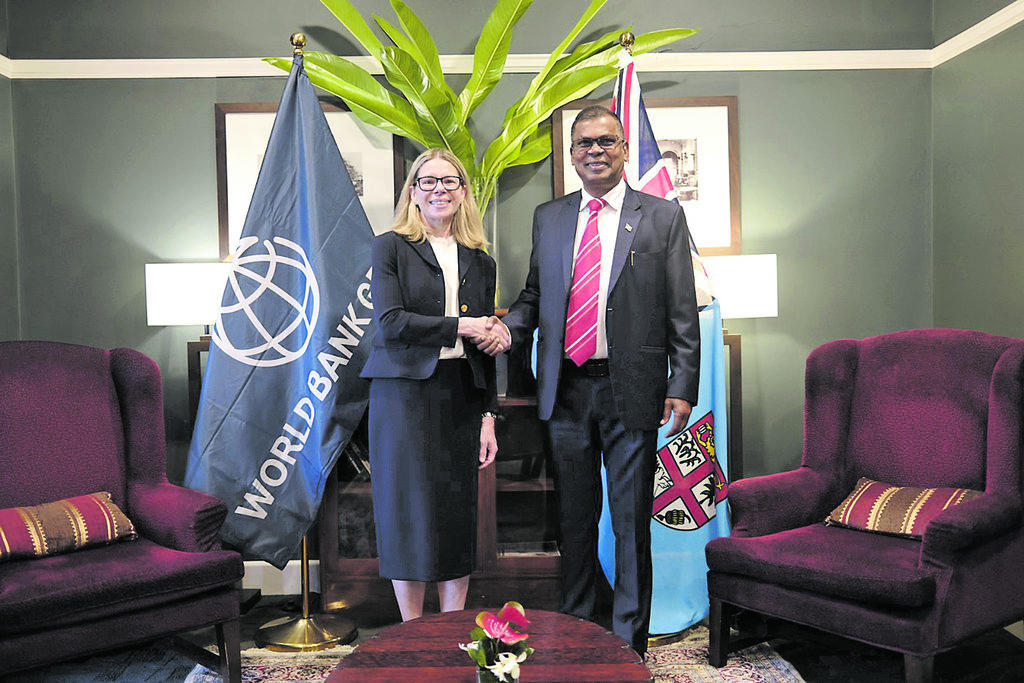THE World Bank has revealed it will train 16,000 health care workers across the Pacific as part of a yet-to-be unveiled project to combat non-communicable diseases right across the Pacific region.
This was revealed by the World Bank’s managing director of operations, Anna Bjerde, while delivering her speech at the Pacific Islands Forum Economic Ministers Meeting in Suva yesterday.
“During his visit last year, President Banga (World Bank president Ajay Banga) noted in his discussions with your leaders the silent emergency of non-communicable diseases (or NCDs) that is robbing the Pacific of talent through increased morbidity and early mortality,” Ms Bjerde said.
“NCDs account for 59 to 66 per cent of premature deaths among 15- to 49-year-olds in several countries, compared to the global average of 41 per cent.
“In response, we are preparing the Pacific Healthy Islands Transformation Project.
“This bold regional initiative aims to transform how healthcare is delivered across the Pacific: not through isolated interventions, but through a shared approach that strengthens public health systems, expands access to essential services and reduces dependence on costly overseas medical referrals, which cost nearly half of the health ministry budget of some Pacific countries while benefitting only a few.”
She said by connecting countries like Fiji, Kiribati, Tuvalu, and Tonga and anchoring support through regional institutions like the Pacific Community, which will reach additional countries, the project will bring scale to national challenges and benefit 2.5 million Pacific Islanders.
“Through this project we expect to train sixteen thousand (16,000) health care workers across the Pacific.
“Just as Pacific countries are coming together to deal with this regional NCD epidemic, we have combined efforts alongside partners like the Asian Development Bank, the OPEC Fund, the Pandemic
Fund and Australia so we can pool our resources to overcome these challenges in a coordinated and lasting manner,” Ms Bjerde said.
She said the project will include centres of excellence on particular specialties, with one centre in each participating country as a regional resource.



